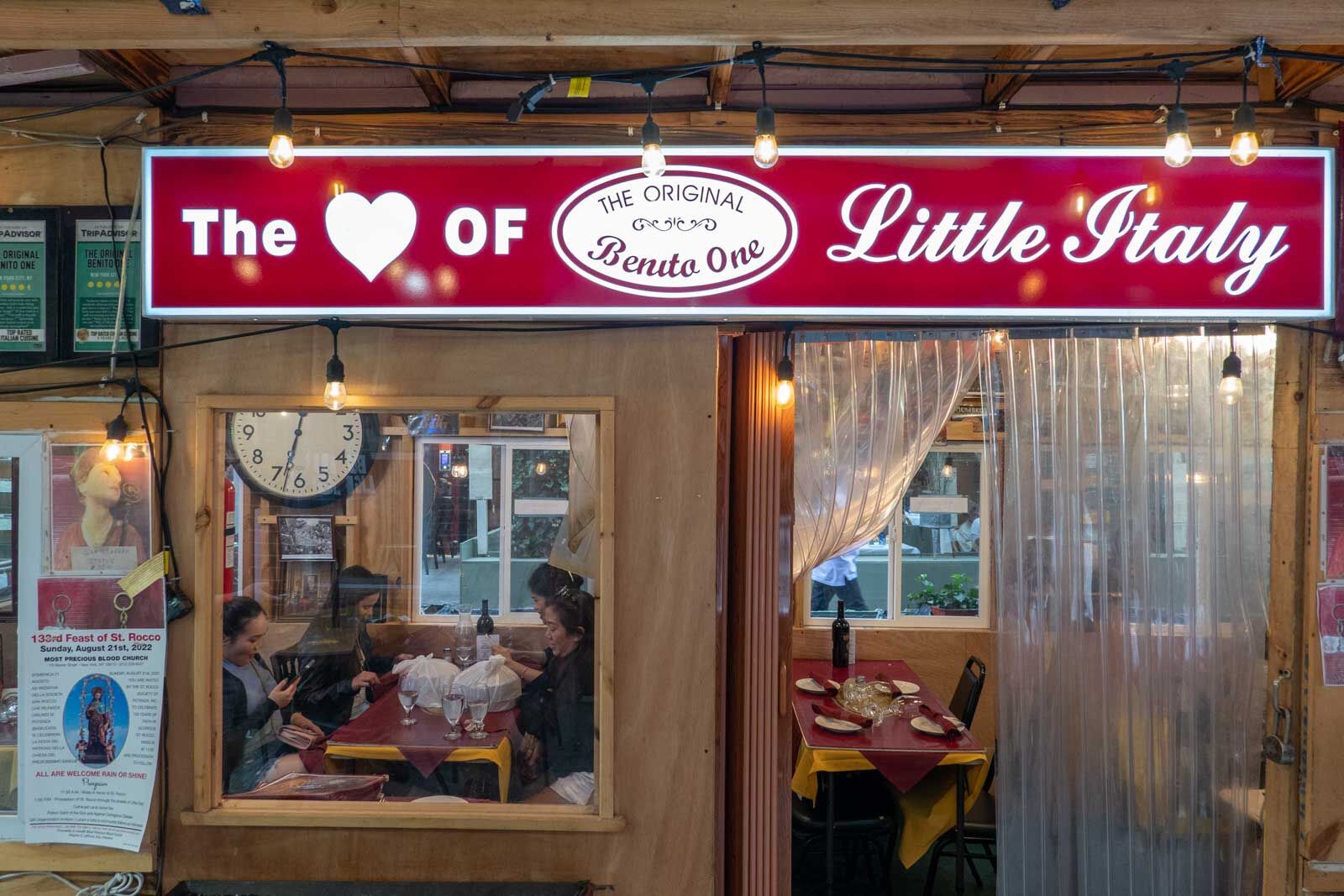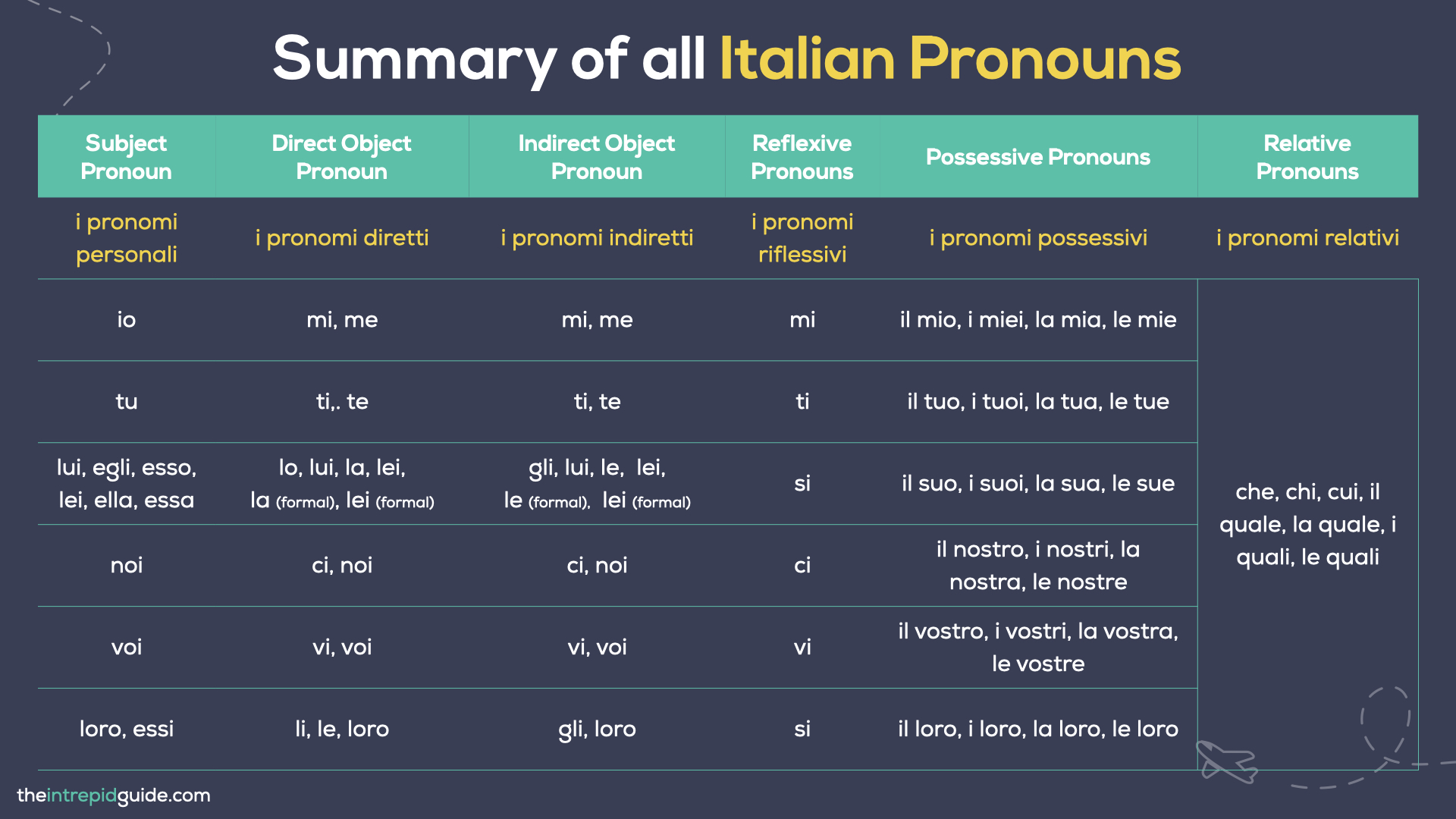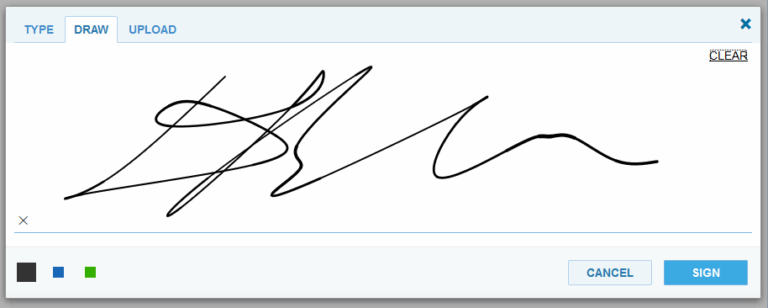Italian Car Brands: A Legacy of Passion, Performance, and Design
Italian Car Brands: A Legacy of Passion, Performance, and Design cars.truckstrend.com
Introduction: The Art of Automotive Excellence
When one speaks of Italian car brands, the mind immediately conjures images of breathtaking design, exhilarating performance, and an undeniable sense of passion. More than just modes of transportation, Italian cars are rolling works of art, embodying centuries of artistic heritage, engineering prowess, and a relentless pursuit of perfection. From the roaring engines of supercars to the elegant lines of luxury sedans and the charming practicality of city cars, Italian marques have carved a unique and revered niche in the global automotive landscape. This article delves into the heart of Italian automotive excellence, exploring its rich history, iconic brands, defining characteristics, and what makes these vehicles truly special. Whether you’re an avid enthusiast or simply curious, prepare to embark on a journey through the captivating world of Italian car brands.
Italian Car Brands: A Legacy of Passion, Performance, and Design
A Rich Tapestry: The History and Heritage of Italian Automotive
Italy’s automotive story began in the late 19th century, flourishing rapidly in the early 20th with pioneers like Fiat (founded 1899) leading the charge. The post-World War II economic boom, known as the "Italian Economic Miracle," saw an explosion of creativity and industrial growth. This era gave birth to or solidified many of the legendary names we know today.
The country’s unique blend of artisan craftsmanship and industrial innovation allowed for the development of highly specialized car manufacturers. Unlike some nations that focused solely on mass production, Italy fostered a culture where performance, luxury, and bespoke design were paramount, particularly in the northern regions like Emilia-Romagna and Piedmont, often referred to as "Motor Valley." This deep-rooted heritage of engineering excellence and aesthetic beauty continues to define Italian car brands, imbuing each vehicle with a soul and character rarely found elsewhere.
The Pillars of Italian Automotive Excellence: Iconic Brands
Italian car brands represent a diverse spectrum, from accessible everyday vehicles to ultra-exclusive hypercars. Here are some of the most prominent:
Ferrari: The Prancing Horse of Dreams
Perhaps the most iconic Italian car brand, Ferrari embodies speed, luxury, and racing pedigree. Founded by Enzo Ferrari in 1947, the Maranello-based company has an unparalleled record in Formula 1 and produces some of the most desirable road cars ever made. Ferraris are renowned for their powerful V8 and V12 engines, exquisite design by Pininfarina and other legendary design houses, and an almost mythical aura of exclusivity and performance. Owning a Ferrari is not just about having a car; it’s about joining a legendary legacy.
Lamborghini: The Raging Bull of Rebellion

Born from a rivalry between Ferruccio Lamborghini and Enzo Ferrari, Lamborghini started in 1963 with the aim of creating superior grand touring cars. It quickly evolved into a producer of some of the most outrageous and aggressive supercars on the planet. Known for their dramatic, angular designs and powerful V10 and V12 engines, Lamborghinis are unmistakable. Models like the Miura, Countach, Diablo, Murciélago, Gallardo, Huracán, and Aventador have cemented its reputation for extreme performance and bold aesthetics.
Maserati: The Trident of Elegance and Power
With a heritage dating back to 1914, Maserati offers a sophisticated blend of luxury, performance, and Italian elegance. The brand’s emblem, the trident, symbolizes power and distinction. Maseratis are characterized by their evocative exhaust notes, refined interiors, and a driving experience that balances sporty handling with grand touring comfort. From the Quattroporte luxury sedan to the Ghibli, Levante SUV, and the new MC20 supercar, Maserati provides a more understated yet equally captivating alternative to its more flamboyant cousins.
Alfa Romeo: The Driver’s Car with a Soul
Founded in 1910, Alfa Romeo is celebrated for its rich racing history and its dedication to producing cars that are a joy to drive. Alfas are known for their distinctive "scudetto" grille, beautiful styling, and engaging driving dynamics. They emphasize a connection between the driver and the machine, offering sporty handling, responsive engines, and a passionate character. Models like the Giulia and Stelvio continue this tradition, appealing to enthusiasts who prioritize driving pleasure and distinctive Italian flair.

Fiat: The People’s Car with Panache
Fiat (Fabbrica Italiana Automobili Torino) is Italy’s largest car manufacturer and a cornerstone of its automotive industry. While it also owns many of the luxury brands mentioned above, Fiat itself is known for producing practical, affordable, and often stylish city cars and family vehicles. The iconic Fiat 500, in particular, has become a global symbol of Italian design and charm, offering a retro-inspired aesthetic combined with modern urban usability. Fiat represents the more accessible side of Italian automotive ingenuity.
Pagani: The Artisan of Hypercars
For the ultimate in exclusivity and bespoke craftsmanship, Pagani Automobili stands alone. Founded by Horacio Pagani in 1992, this manufacturer produces ultra-limited-production hypercars that are as much art pieces as they are performance machines. With meticulous attention to detail, extensive use of carbon fiber, and powerful Mercedes-AMG engines, Pagani models like the Zonda and Huayra are considered among the most desirable and expensive cars in the world, representing the pinnacle of Italian automotive artistry.
Defining Characteristics of Italian Cars

What unifies these diverse brands under the Italian banner? Several key characteristics stand out:
- Design & Aesthetics: Italian cars are globally recognized for their unparalleled beauty and styling. Design is not just an afterthought but a core principle, often leading to sensuous curves, dramatic proportions, and an overall visual harmony that transcends mere function. Legendary design houses like Pininfarina, Bertone, and Giugiaro have shaped many iconic models.
- Performance & Engineering: At the heart of many Italian cars lies a commitment to exhilarating performance. This translates to powerful, often naturally aspirated, engines (though turbos are becoming more common), advanced chassis technology, and responsive handling that makes driving an immersive experience.
- Luxury & Craftsmanship: Particularly in the high-end segments, Italian cars showcase exquisite craftsmanship. Interiors are meticulously designed with premium materials like fine leather, Alcantara, and carbon fiber, often featuring bespoke touches and impeccable attention to detail.
- Emotional Connection & Sound: Italian cars evoke emotion. Their distinct engine notes – from a high-pitched Ferrari shriek to a deep Lamborghini growl or a refined Maserati purr – are integral to the driving experience. They are designed to be felt and heard as much as driven.
- Exclusivity & Passion: Many Italian brands cultivate an aura of exclusivity. This, combined with the passion instilled in their creation, makes owning an Italian car a statement, a lifestyle choice, and a connection to a rich legacy.
The Italian Automotive Landscape Today: Challenges and Evolution
The Italian automotive industry is not immune to global trends and challenges. The push towards electrification, autonomous driving, and increasing emissions regulations are reshaping the landscape. While traditional V8s and V12s remain core to their identity, brands like Ferrari and Lamborghini are introducing hybrid models (e.g., Ferrari SF90 Stradale, Lamborghini Revuelto) and planning for full EVs. SUVs, once unthinkable for performance marques, have become crucial for sales (e.g., Lamborghini Urus, Maserati Levante, Ferrari Purosangue).
Challenges include intense competition from German, British, and American luxury and performance brands, as well as the need to adapt heritage to modern demands without losing their distinctive character. However, Italian brands continue to thrive by focusing on their core strengths: unparalleled design, driving emotion, and bespoke luxury.
Practical Advice: Why Choose an Italian Car?
Choosing an Italian car is often an emotional decision driven by a desire for something extraordinary.
- Unrivalled Driving Experience: If driving pleasure is paramount, an Italian car, especially a performance model, offers an unparalleled sensory experience.
- Status and Exclusivity: Owning a Ferrari, Lamborghini, or Maserati is a statement of success and discerning taste.
- Art on Wheels: For those who appreciate automotive design as an art form, Italian cars are masterpieces.
- Emotional Connection: These cars often evoke a strong emotional bond with their owners, a feeling that transcends mere transportation.
- Potential Investment (for some models): Highly sought-after or limited-production models, particularly from Ferrari and Lamborghini, can appreciate in value over time.
Important Considerations Before Buying
While the allure is strong, prospective owners should be aware of a few practicalities:
- Cost of Ownership: Italian luxury and performance cars typically come with higher purchase prices, insurance premiums, and maintenance costs compared to mainstream vehicles. Specialized parts and labor are common.
- Reliability (Perception vs. Reality): Historically, Italian cars had a reputation for unreliability. However, modern Italian cars, especially those under larger corporate umbrellas (like Stellantis for Fiat, Alfa Romeo, Maserati), have significantly improved in quality and reliability. That said, they are complex machines requiring proper care.
- Practicality: Supercars, by their nature, are not designed for everyday commuting or large families. Even luxury sedans may have quirks not found in more utilitarian vehicles.
- Specialized Service: Finding qualified technicians and authentic parts can be more challenging outside major metropolitan areas.
Despite these considerations, for many, the unique blend of passion, performance, and beauty that Italian cars offer makes any potential hurdle worthwhile.
Conclusion: The Enduring Allure of Italian Automotive Mastery
Italian car brands represent more than just vehicles; they are a cultural phenomenon, a testament to a nation’s unwavering commitment to beauty, innovation, and passion. From the legendary roar of a Ferrari engine to the elegant lines of a Maserati or the charming simplicity of a Fiat 500, each brand tells a story of heritage and aspiration. While the industry faces evolving challenges, the core tenets of Italian automotive design and engineering – a relentless pursuit of performance, a profound respect for aesthetics, and an inherent ability to stir the soul – ensure that Italian cars will continue to captivate enthusiasts and dreamers around the world for generations to come. They are, quite simply, automotive poetry in motion.
Price Table: Representative Italian Car Brand Models (Starting MSRPs, Approximate)
Please note that these prices are approximate starting Manufacturer’s Suggested Retail Prices (MSRPs) in the US market as of early 2024. Actual prices vary significantly based on trim level, options, customization, region, taxes, and market demand. Hypercars are often sold at bespoke prices well above these ranges.
| Brand | Model (Example) | Type | Approximate Starting MSRP (USD) | Key Characteristics |
|---|---|---|---|---|
| Fiat | 500X | Compact Crossover SUV | $29,000 | Stylish, compact, practical urban vehicle. |
| 500e (Electric) | City Car | $32,500 | Iconic design, electric powertrain, city-friendly. | |
| Alfa Romeo | Giulia (Sprint) | Sport Sedan | $45,000 | Engaging driving, distinctive design, sporty. |
| Stelvio (Sprint) | Compact Luxury SUV | $47,000 | Performance SUV, stylish, driver-focused. | |
| Tonale (Hybrid) | Compact Crossover SUV | $43,000 | Electrified, modern, compact, premium. | |
| Maserati | Ghibli (GT) | Mid-size Luxury Sedan | $86,000 | Elegant, sporty, distinctive sound, comfortable. |
| Levante (GT) | Luxury SUV | $94,000 | Performance SUV, luxurious interior, stylish. | |
| Grecale (GT) | Compact Luxury SUV | $68,000 | Agile, modern, luxury compact SUV. | |
| MC20 | Supercar | $230,000 | High-performance, lightweight, striking design. | |
| Lamborghini | Huracán (Tecnica) | Supercar | $280,000 | V10 power, aggressive design, track-focused. |
| Urus (S) | Super SUV | $240,000 | High-performance SUV, luxurious, powerful. | |
| Aventador (Ultimae) | Supercar | $500,000+ | V12 flagship (discontinued, highly sought after). | |
| Revuelto (Hybrid) | Hybrid Supercar | $600,000+ | Next-gen V12 hybrid, extreme performance. | |
| Ferrari | Roma | Grand Tourer | $240,000 | Elegant design, front-engine V8, daily usability. |
| 296 GTB | Hybrid Supercar | $340,000 | V6 Hybrid, revolutionary performance. | |
| SF90 Stradale | Hybrid Hypercar | $525,000 | Top-tier hybrid, extreme performance, advanced tech. | |
| Purosangue | Four-door, Four-seater | $400,000 | Ferrari’s first SUV-like model, V12 power. | |
| Pagani | Huayra (various models) | Hypercar | $2,500,000 – $3,500,000+ | Ultra-exclusive, bespoke, artisanal craftsmanship. |
Frequently Asked Questions (FAQ) about Italian Car Brands
Q1: Are Italian cars reliable?
A1: Modern Italian cars have significantly improved in reliability compared to historical perceptions. Brands like Fiat, Alfa Romeo, and Maserati, benefiting from larger corporate backing (Stellantis), use more standardized and proven components. High-end brands like Ferrari and Lamborghini are complex machines that require specialized maintenance, but their build quality is generally very high.
Q2: Which Italian car brand is the best?
A2: "Best" is subjective and depends on your needs. For ultimate performance and exclusivity, Ferrari or Lamborghini are top choices. For a blend of luxury and sportiness, Maserati excels. Alfa Romeo offers a passionate driving experience at a more accessible luxury level, while Fiat is great for stylish and practical urban mobility.
Q3: Are Italian cars expensive to maintain?
A3: Generally, yes, especially for the luxury and performance brands (Ferrari, Lamborghini, Maserati). They often require specialized mechanics, genuine parts, and scheduled maintenance that can be costly. Fiat and Alfa Romeo models are typically more affordable to maintain, though still potentially higher than some mass-market brands.
Q4: Do Italian cars hold their value well?
A4: It varies greatly by brand and model. Highly sought-after or limited-production Ferraris and Lamborghinis can appreciate significantly. Maserati’s value depreciation can be steeper initially but some rare models might hold well. Fiat and Alfa Romeo models generally follow typical depreciation curves for their segments.
Q5: What is the most iconic Italian car?
A5: This is highly debatable! Strong contenders include the Ferrari 250 GTO (for its rarity and racing success), the Lamborghini Miura (for pioneering the mid-engine supercar), the original Fiat 500 (for its cultural impact), and the Alfa Romeo Spider (for its timeless design and movie appearances). Each has left an indelible mark on automotive history.





